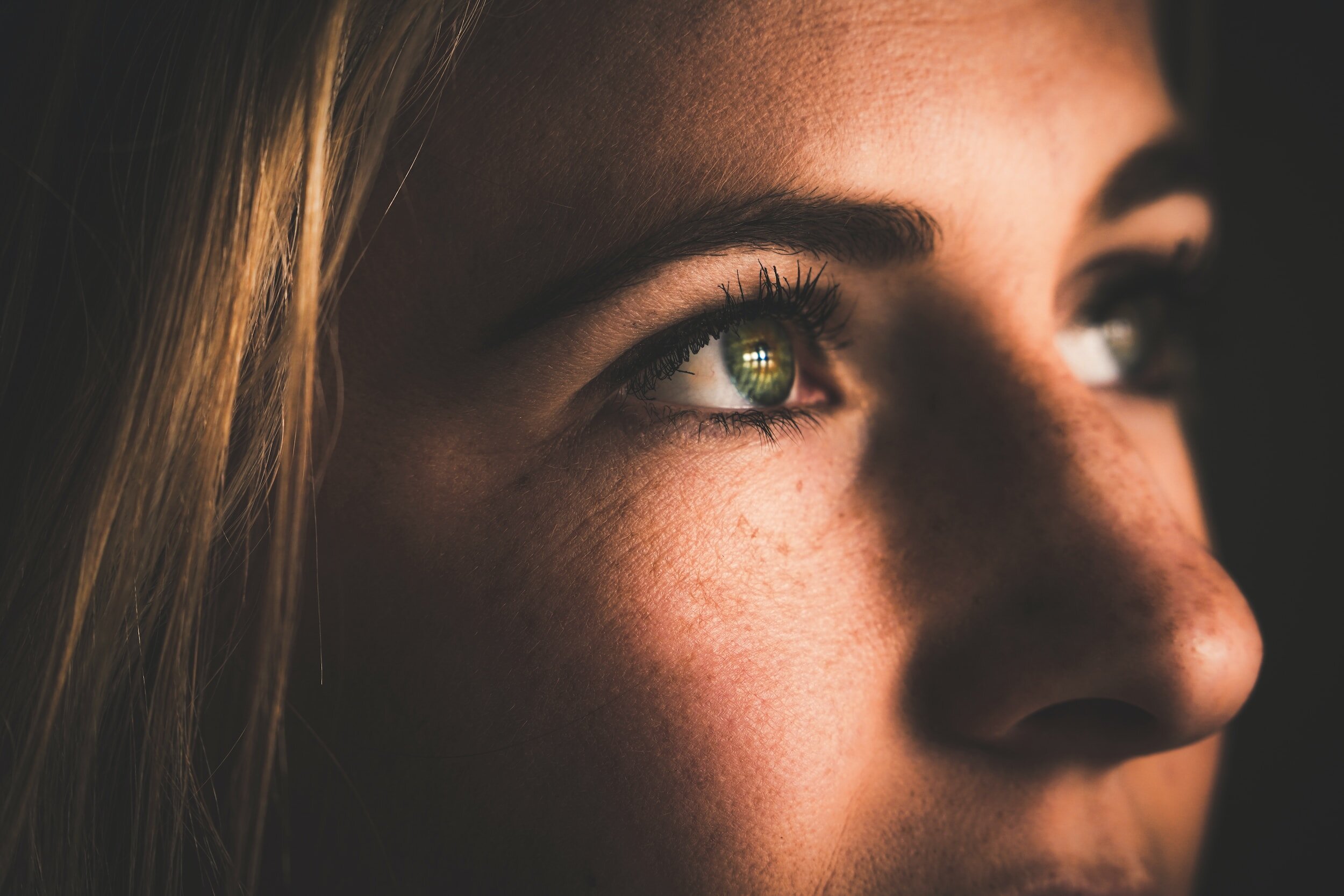
Blog
EMDR Therapy: What Is It For?
Eye Movement Desensitization and Reprocessing (EMDR) therapy has become increasingly popular in recent years, but it’s not a new concept.
5 Ways You Can Support Someone with Depression
It’s estimated that around 280 million people across the globe deal with depression. Chances are, someone you know has it, whether they outwardly show their symptoms or not.
Common PTSD Symptoms and How They May Look Different in Women
Post-traumatic stress disorder (PTSD) can impact anyone who has been through a traumatic event. However, studies have shown that women are more likely to experience symptoms of PTSD than men.
Trusting Love: A Guide to Letting Down Your Walls
Letting your walls come down in a relationship seems so easy for some people. But, it’s not always the case if you’ve been burned in the past.
Why Do Women Initiate Divorce More than Men?
No one gets married assuming that they’re going to get divorced. Unfortunately, according to the American Psychological Association, about 40-50% of first marriages end in divorce. What’s interesting is that in recent years, more women have initiated the divorce process than men.
Unmet Childhood Needs and How They Affect Adult Relationships
Most people understand the basic needs of survival. From the moment you’re born, you need food, water, and shelter from your caregivers. But childhood needs go far beyond the basics.
4 Ways to Begin Healing from Trauma
Trauma is the lingering emotional response to an event where you felt in danger. A traumatic event might be physical or sexual abuse, neglect, a childhood in poverty, a car accident, war, a natural disaster, the death of a loved one, or racial discrimination.
How IFS Therapy Can Help You
It can be difficult to parse through the many options when choosing a therapeutic approach. Some psychotherapies work at changing negative thought patterns, while others help you understand how the mind’s various parts work together to form your cognition.
The EMDR Timeline Explained
Eye movement desensitization and reprocessing (EMDR) therapy has seen a rise in popularity in recent years thanks to benefits like reduced stress associated with traumatic thoughts, improved communication, and changes in perspective on intrusive memories.
Can Anxiety Be Managed Naturally?
As far as mental health conditions go, anxiety seems to run rampant across the globe. It affects millions of people, thriving on feelings of fear and getting fueled by all the “what ifs” life has to offer.
EMDR: How Does It Work?
Eye movement desensitization and reprocessing (EMDR) is a popular therapy often used to help treat the effects of trauma. However, EMDR can also be used to help with anxiety, depression, and a variety of other mental health issues.
6 Tips for Stopping Anxious Thoughts in Their Tracks
Anxiety affects millions of people. It’s often fueled by a fear of the unknown, or by asking yourself too many “what ifs” about a particular situation.
What Is High-Functioning Depression and How Can You Manage It?
Noticing the signs and symptoms of depression can be difficult. It can be even more difficult if someone has high-functioning depression and can mask their symptoms.
5 Helpful Tips for Minimizing Your Risk of Anxiety Attacks
For many adults, anxiety is a part of their daily lives. This often leads to those with anxiety and those around them wondering how and why it occurs. To understand why anxiety occurs, we first need to understand what anxiety is.
5 Tips for Rapidly Calming Your Anxiety
Living with an anxiety disorder means navigating moments that can trigger a slow, creeping panic. Thankfully, there are numerous powerful tools and techniques you can employ to effectively manage your anxiety.
5 Strategies to Encourage Communication with Your Teenager
Engaging in meaningful conversations with your teenager can be challenging, given the complexities of adolescent development and hormonal changes. However, fostering open communication is essential for nurturing a healthy parent-child relationship.
6 Signs Indicating Depression in Your Teen
Navigating the tumultuous transition from childhood to young adulthood can pose a challenge in understanding your teen's behavior. It becomes crucial to discern whether their emotions and actions stem from typical adolescent development or if they signify a deeper issue.
Unlocking Trauma Healing: The Power of EMDR Therapy
Eye Movement Desensitization and Reprocessing (EMDR) stands as a therapeutic approach hailed for its efficacy in addressing mental and emotional trauma.
Navigating Body-Positive Weight Management
The body positivity movement champions the idea that every individual, regardless of size, deserves to embrace and celebrate their body.But can one adopt a body-positive mindset while also managing their weight?
Understanding Eating Disorders in Adults
Eating disorders are commonly associated with teenagers and adolescents, but it's essential to recognize that many adults also grapple with these issues.



















